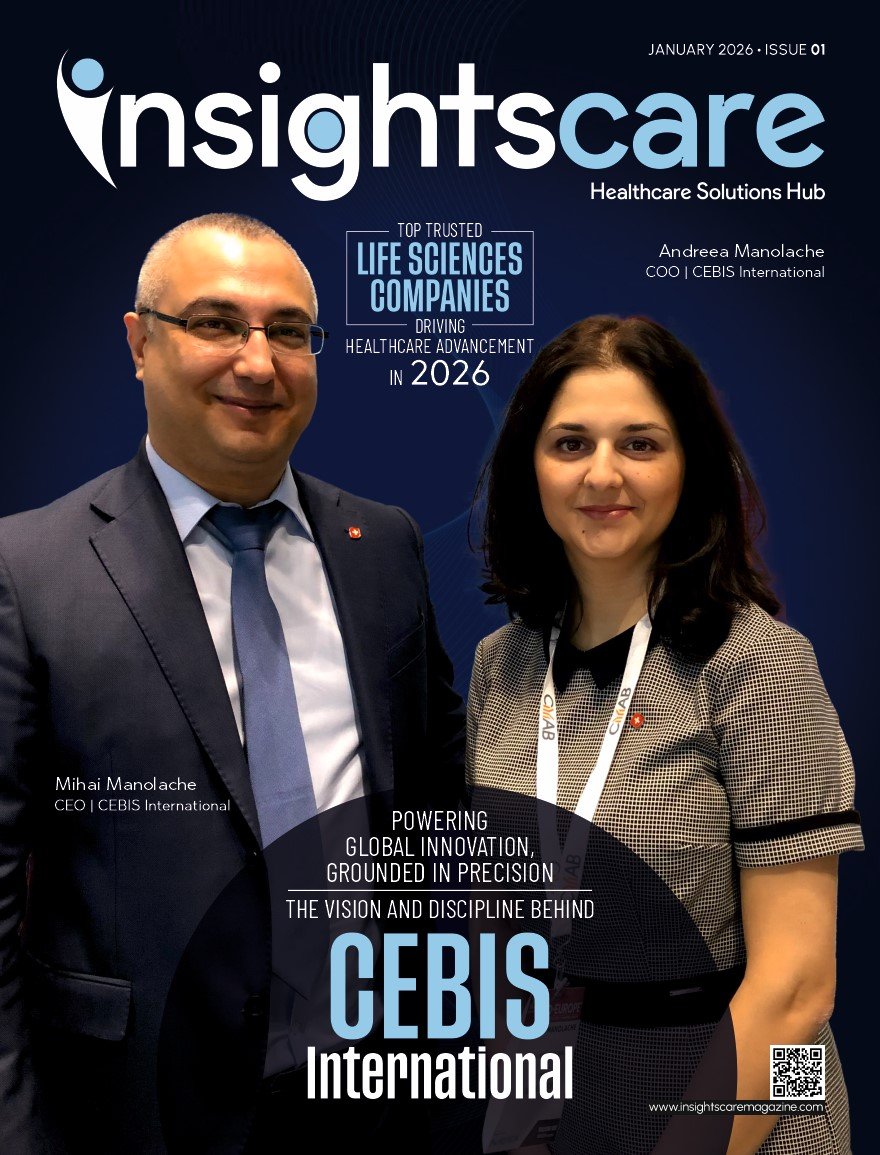Prime Highlights:
- LifeLabs has launched three novel blood-based Alzheimer’s disease tests across Ontario to facilitate early diagnosis and detection.
- The project involves partnerships with Alzheimer’s societies and memory clinics to integrate testing into coordinated dementia care.
Key Facts:
- The new products include a genetic risk test, a diagnostic biomarker test, and an early protein change test linked to Alzheimer’s.
- They offer a less invasive option compared to the conventional methods like PET scans and spinal taps.
Key Background :
LifeLabs, Canada’s largest community laboratory for diagnostics, has launched three blood-based tests to identify and assess the risk of Alzheimer’s disease. They mark an advancement in early identification as they offer less expensive, less invasive alternatives compared to conventional methods. At first, they will be available in Ontario, with plans for further use in the future.
The test panel consists of:
- ApoE Genetic Test: Screens for genetic susceptibility by identifying whether the ApoE4 allele that causes late-onset Alzheimer’s is present.
- p-tau217 Test: Screens for phosphorylated tau protein, a strong biomarker for brain alterations linked to Alzheimer’s.
- Beta-Amyloid 42/40 Ratio Test: Screens for amyloid beta proteins, early markers of plaque deposit in the brain.
As part of patient and family support, LifeLabs has also introduced genetic counseling services. These will help with the interpretation of test results and their relevance to individual and family health in order to inform decisions about ongoing care and lifestyle.
LifeLabs is collaborating with MINT Memory Clinics, an affiliation of primary care practices with over 120 communities of service, to implement these tests as part of initial dementia assessments. Executive Director of MINT, Dr. Linda Lee, noted that blood biomarkers augment cognitive assessment and imaging in the diagnosis of memory problems and cognitive issues.
Furthermore, LifeLabs has partnered with the Alzheimer Society of Ontario to advance early detection awareness. In unison, they share an objective of educating caregivers and patients with information and access to testing, whereby it also helps to achieve higher goals to develop people with dementia outcomes.
The program is one of the many demonstrations of LifeLabs’ commitment to enhancing diagnosis pathways and addressing the growing impact of Alzheimer’s disease in Canada.
Read More – U.S. Terminates Moderna Deal for Bird Flu Vaccine Development










